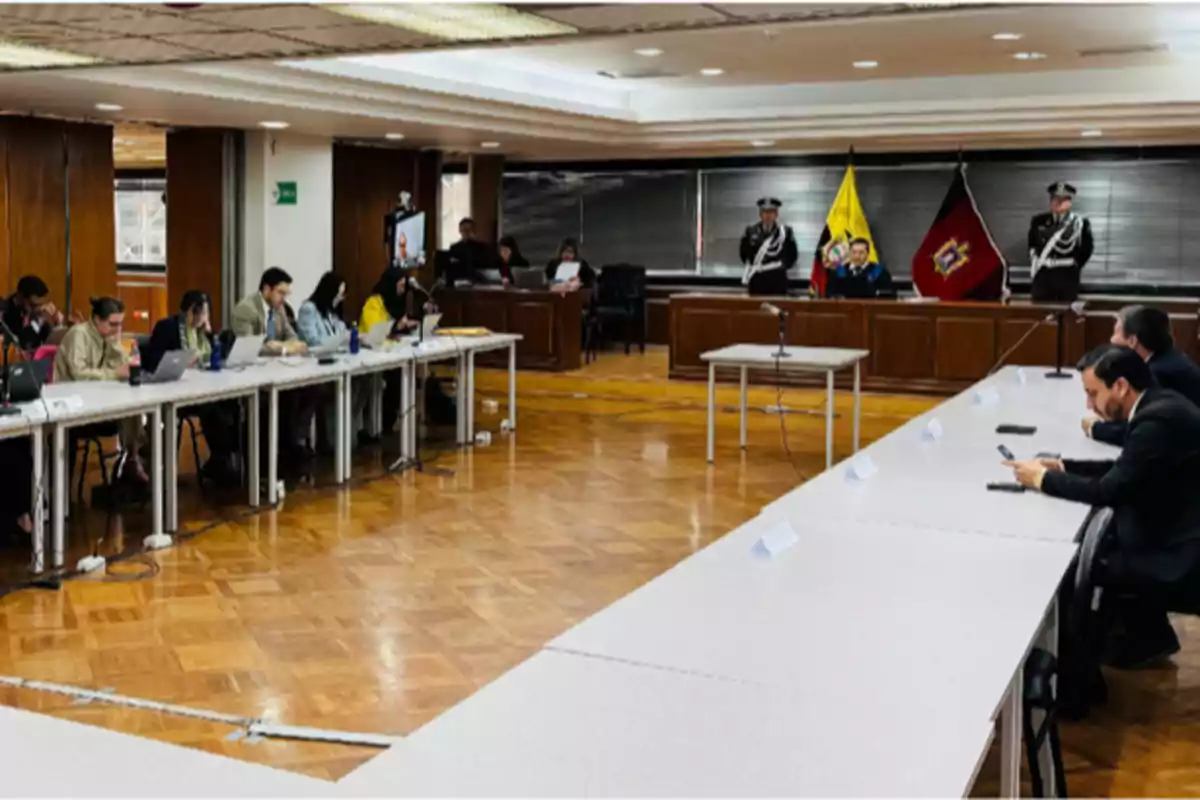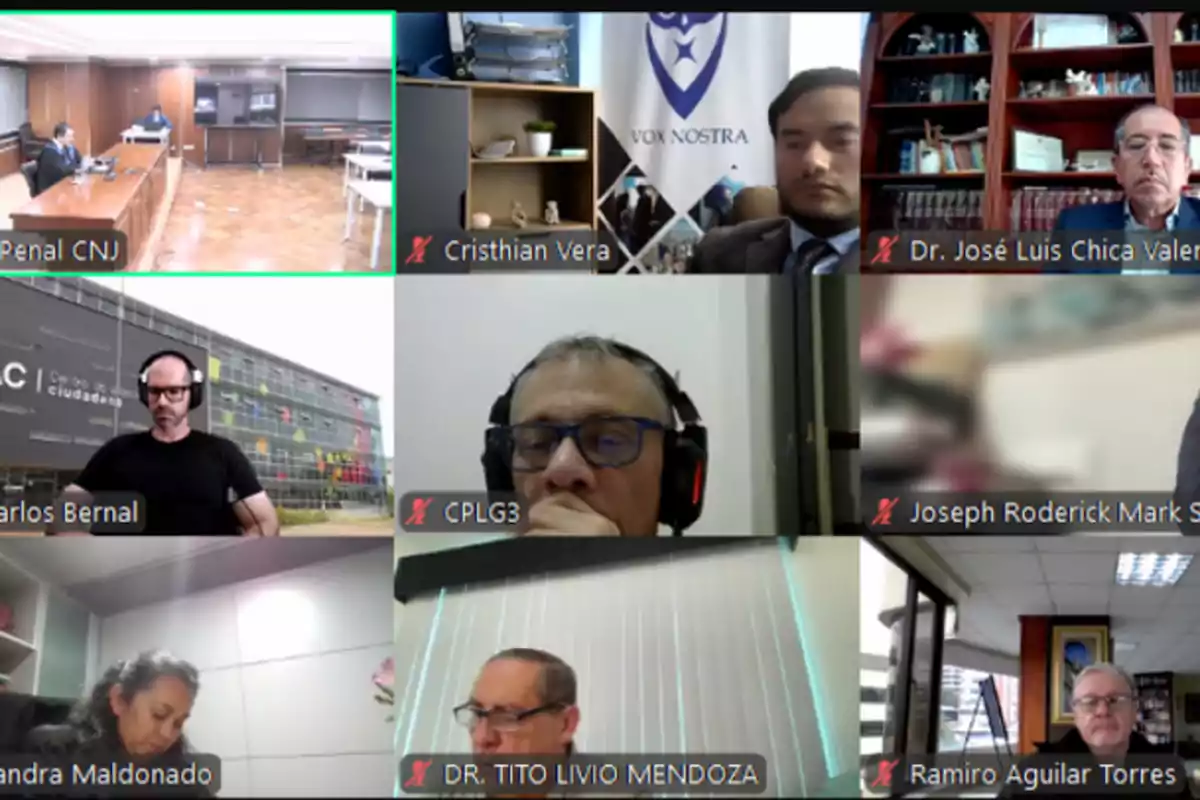
The judge called Jorge Glas and Carlos Bernal to trial for embezzlement in reconstruction.
The prosecution claims that the funds after the 2016 earthquake were used for purposes unrelated to the emergency
Judge Marco Aguirre of the National Court decided on May 19 to bring former Vice President Jorge Glas and former Secretary Carlos Bernal to trial for alleged embezzlement. The case is related to the use of resources intended for the reconstruction of Manabí after the 2016 earthquake.
According to the Prosecutor's Office, the accused prioritized projects that didn't respond to the emergency, such as a park in Portoviejo that didn't even exist before the earthquake. Additionally, a company linked to Bernal's family was allegedly hired for debris removal tasks.
Glas headed the Reconstruction Committee during Correa's administration and allegedly made decisions without the support of the rest of the team. The Prosecutor's Office accuses him of overstepping his functions and diverting funds that should have been used exclusively to assist the victims.
In Bernal's case, he is accused of managing funds and coordinating non-priority works, as well as maintaining ties with the benefited contractors. Both will continue with precautionary measures, while another seven defendants were dismissed, a decision that will be appealed.

The judge also ordered a psychiatric evaluation for Glas, who remains incarcerated in La Roca prison, serving other sentences for corruption. The defense claimed impacts on his mental health, supported by observations from the IACHR and the UN.
This new trial adds to a judicial history that reinforces the negative perception of public fund management during Correa's administration. The priority given to works unrelated to reconstruction demonstrates, according to the Prosecutor's Office, a pattern of discretionary and negligent handling of solidarity resources.
The case once again questions the management of resources under socialist governments, where opacity and the politicization of technical decisions affected thousands of Ecuadorians. The judicial action marks an important step in accountability.
More posts: